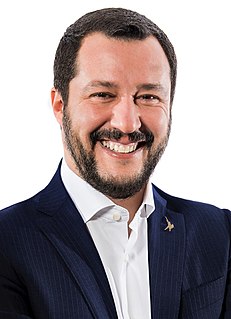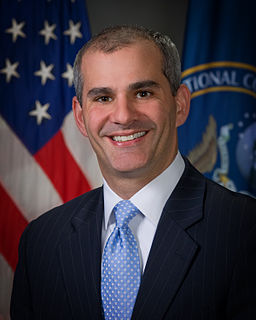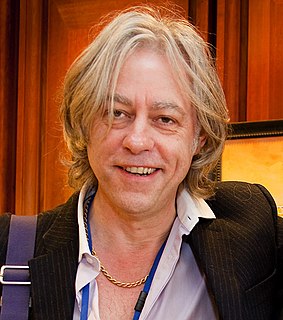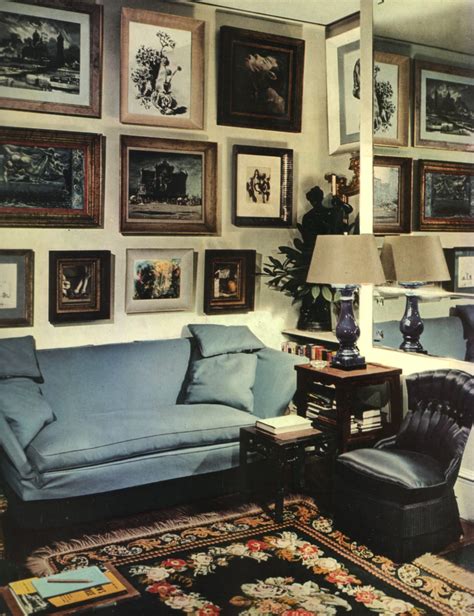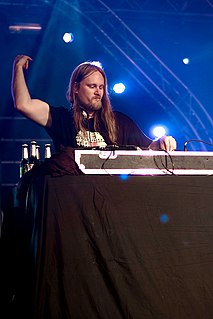A Quote by Sasa Stanisic
Europe is not becoming more unified - well, yes, on paper - but not as long as the criteria for so many things (import regulations, border control, visa politics...etc.) are still made in an unjust, unreasonable way.
Related Quotes
Now I've come to such a mixed culture: America, Europe, South America, Africa. And the politics are changing everywhere all the time and becoming even more unpredictable. There's no such thing as "fixed" culture. China is also becoming more global. Its problems are becoming international problems, becoming German problems, becoming American problems. Nothing is clear-cut. Perhaps I'll find my way - or get totally lost.
It is a serious undertaking and yes, we do need more fencing and we do need to use technology, and we do need more border control. And we need to have better cooperation by the way with local law enforcement. There are 800,000 cops on the beat, they ought to be trained to be the eyes and ears for law enforcement for the threat against terror as well as for immigration.
In 2003, at the time I made my "Old Europe" comment, the center of gravity in NATO and Europe had long since shifted to the East. With the former Warsaw Pact countries joining NATO, the alliance has a different mix today. Some people were sensitive about my comment because they thought it was a pejorative way of highlighting demographic realities. Apparently they felt it pointed a white light at a weakness in Europe - an aging population. Europe has come some distance since World War II in becoming Europe.
Dalai Lama is transforming those criteria - and the whole way of conducting politics. He's conducting politics in a much deeper way than most politicians are able to. He's the only politician I know of who's a monk. The Pope, of course, is in a similar position, but the Pope isn't in the same way leading a country of many million people.
I love borders. August is the border between summer and autumn; it is the most beautiful month I know. Twilight is the border between day and night, and the shore is the border between sea and land. The border is longing: when both have fallen in love but still haven't said anything. The border is to be on the way. It is the way that is the most important thing.
When philosophers talk about reason they often have in mind Having been in the business of philosophy more than half my life, I have learned that reason doesn't change many minds. But there's a more ordinary sense of resonableness, which involves not just logic but a sensitivity to other peoples real concerns, a desire to understand, even when you don't agree. Many people are reasonable in this way.I'm willing to think that the world will be made better by the conversations of reasonable people, even if there are unreasonable people and people who don't want to converse as well.





